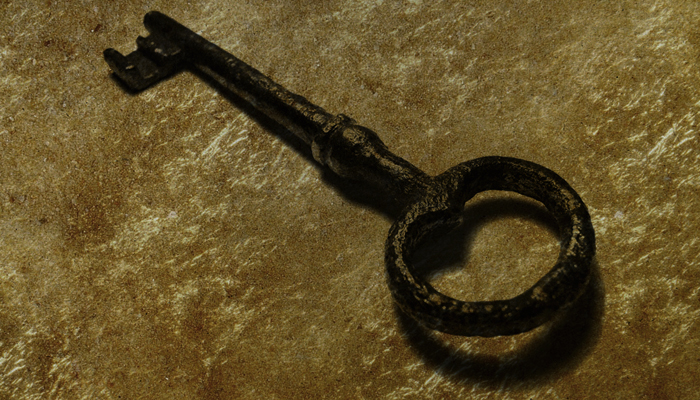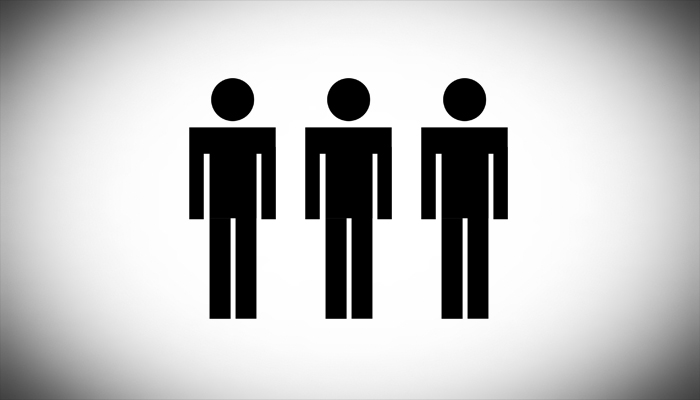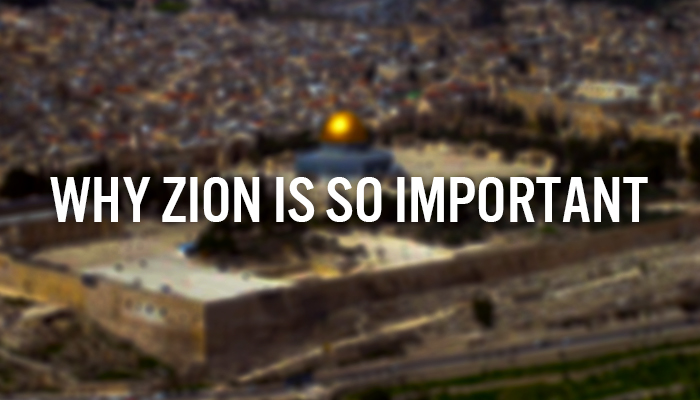Speaking to the apostle John, Jesus said that He “has the key of David” (Rev. 3:7). Other than Isaiah 22:22, this is the only place in the Bible that mentions “the key of David,” and therefore there is much speculation about what that key was and is.
Some readers may consider this article to be speculative, but I think I know what the key of David was. Let me explain.
David served as king in Hebron over the tribe of Judah for seven years. Then all the tribes came together to make him king over the entire land. His coronation as king over all Israel is recorded in 2 Samuel 5:1-5.
At his coronation, the city of Jerusalem finally came under his jurisdiction. His first act as king, therefore, was recorded in the verses immediately following (2 Sam. 5:6-8). David attacked the stronghold of Zion. Why? Because God had revealed to him, probably through Samuel, that he would be king of Israel someday, and that the stronghold of Zion would be his capitol, his “White House.” Zion was appointed by God to be the governmental seat of David’s kingdom.
When Joab ascended the water shaft (2 Sam. 5:6-8), he went over to the gate of the fortress in order to open it from the inside. Once the gate was open, the entire Israelite army would be able to enter the fortress and subdue the stronghold of Zion. (I write about this in my book, OPENED FROM THE INSIDE: The Taking of the Stronghold of Zion.)
Joab’s challenge was to find the key and open Zion’s gate. Back in those days, a fortress like that would have an iron gate, and the gate would be reinforced with bars. The bars would be kept from moving with a bolt, and a lock would prevent the bolt from being removed by an unauthorized person. Anyone with the key could unlock and remove the bolt, move the bars to the disengaged position, and open the gate wide.
The key of David was the key to the gate of the stronghold of Zion. When Joab scaled the water shaft, located the key, unlocked the gate, and then opened the gate of Zion from the inside, he enabled David and his troops to enter and take the stronghold of Zion. David took the key in hand and called Zion, “the city of David.” That fortress became his White House.
The key to Zion represented the key to the governmental authority of the Davidic kingdom. David got the key when Zion was penetrated and conquered.
In the same way that Joab rose up the water shaft and opened the stronghold from the inside, Jesus died, was buried, descended to hell, and then He rose up the shaft of hell and opened the gates of hell from the inside. It was at His resurrection that He got “the keys of Hades and of Death” (Rev. 1:18). At His temptation, Satan offered to give Jesus the keys if He would worship him; instead, Jesus chose to take the keys from Satan.
Now, Jesus has the key of David—that is, the key to the governmental authority of the Davidic kingdom. He is the King who has inherited the throne of His ancestor, David, and He has the right to administrate and rule over all the affairs of this eternal kingdom. That authority is represented by the key of David which He gained at His resurrection.
David got the key to the stronghold of Zion; Jesus got the key to the stronghold of Hades and of Death.
The Man with the keys has said to us, “I will give you the keys of the kingdom of heaven” (Matt. 16:19). Whenever Jesus gives you a kingdom key, it means He gives you the authority to unlock a specific element within the kingdom of God. With that key comes the authority to bring His sovereign reign to that area in the kingdom.
Are you facing a stronghold, and don’t know how to open its gate? Ask Jesus to give you the kingdom key to that stronghold.
And always remember: A small key can open a great door.



